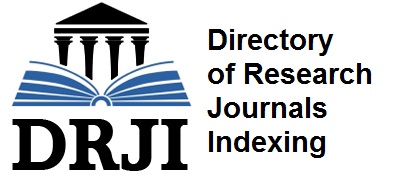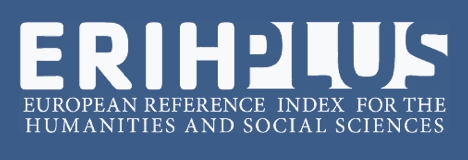Funzione e composizione della commissione degli “examinadors de greuges” nei Parlamenti del Regno di Sardegna (secc. XV-XVI). Prime note.
Function and composition of the Commission of “examinadors de greuges” in the Parliaments of the Kingdom of Sardinia (15th - 17th centuries). First notes
Abstract
Una delle funzioni degli organi parlamentari è quella volta a frenare e a correggere gli abusi, i cosiddetti gravami (greuges in catalano), degli ufficiali regi, ma anche quelli commessi dalle città o dalle singole persone, e denunciati nel corso dei lavori parlamentari dai bracci, compito di cui si doveva far carico la commissione degli examinadors de greuges. L’esame della composizione della commissione degli examinadors de greuges, con particolare attenzione all’estrazione sociale, alla provenienza e alle competenze dei suoi membri, e lo studio attento delle funzioni che tale commissione doveva assolvere nell’esercizio del suo mandato, analizzate all’interno delle complesse procedure parlamentari, permettono di approfondire le nostre conoscenze sull’evoluzione dell’istituto parlamentare nel regno di Sardegna tra tardo Medioevo e prima Età moderna.
One of the parliamentary bodies duty focuses on limiting and adjusting the abuses, so-called burdens (greuges in Catalan), committed by royal officials, cities or people. Burdens are denounced by the bodies during parliamentary sessions, and the commission of examinadors de greuges are in charge of taking decision on this issue. The analysis of examinadors de greuges commission composition, with particular attention to social class, origin and expertise of members, as well as the study of its duties within the complex parliamentary procedures, enable to examine in depth the evolution of parliamentary institute in the kingdom of Sardinia, between the late Middle Ages and the early Modern Age.

This work is licensed under a Creative Commons Attribution-NonCommercial 4.0 International License.
Authors who publish with this Journal agree to the following terms:
Authors retain copyright and grant the Journal right of first publication with the work simultaneously licensed under a Creative Commons Attribution-NonCommercial 4.0 International License.
This Journal permits and encourages authors to post items submitted to the Journal on personal websites or institutional repositories both prior to and after publication, while providing bibliographic details that credit, if applicable, its publication in this Journal.

















